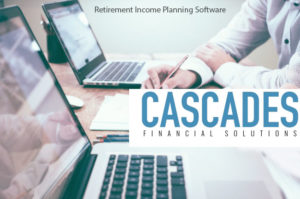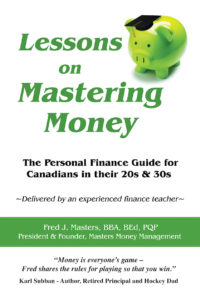What is one way a soon-to-be retiree can learn more about personal finance?
To help retirees further their education on personal finance, we asked financial experts and business leaders this question for their best insights. From finding targeted podcasts to taking a class, there are several practical ways for a retiree to learn more about personal finance.
Here are eleven ways retirees can learn more about personal finance:
- Find Podcasts targeted at soon-to-be Retirees
- Use Online Resources
- Look to a Financial Planner for Guidance
- Lookout for Blogs
- Join a Group
- Assemble a Support Team
- Speak to the Professionals
- Non-profit Organizations
- IRS Elderly Benefits
- Read, Read, Read
- Take a Class
Find Podcasts targeted at soon-to-be Retirees
There are plenty of great podcasts out there sharing incredibly useful information on retirement, although many these days are on retiring early, which may or may not be you depending on where in your financial journey you are (not to mention your age range!)
This is why it can really help for soon-to-be retirees to find podcasts targeted at their specific circumstances. One good example is Finishing Well with Hans Scheil, which covers all sorts of topics on retirement planning. You may also want to consider the podcast Retirement Answer Man hosted by Roger Whitney. A Certified Financial Planner, Whitney covers both the money-related aspects of retirement as well as some other questions on this stage of your life that you may have. –– Anna Barker, LogicalDollar
Use Online Resources
There are a number of online resources a soon-to-be retiree can make use of in preparation for this next big step in their life. It’s never too late to learn or improve your personal finance skills. I would urge retirees to get on YouTube and search for personal finance videos aimed at retirees. There is, no pun intended, a wealth of information in these videos about what steps to take and which actions to avoid to keep your head above water as you enter retirement. — Carey Wilbur, Charter Capital
Look to a Financial Planner for Guidance
The best thing you could do for yourself in preparation for retirement is going to a financial planner who can help you organize and explain your financial situation. Hopefully, you’ve been preparing for retirement in the form of something like a 401k, but if you haven’t, a financial planner can help to explain your options: which is what you need plenty of. The financial planner will likely emphasize the realm of tax efficiency, which is typically what matters most to people who are retired. If you want to do some independent research, I would look into literature discussing tax-loss harvesting, rebalancing your portfolios, and back-door Roths (while they last). — Tom Mumford, Undergrads






